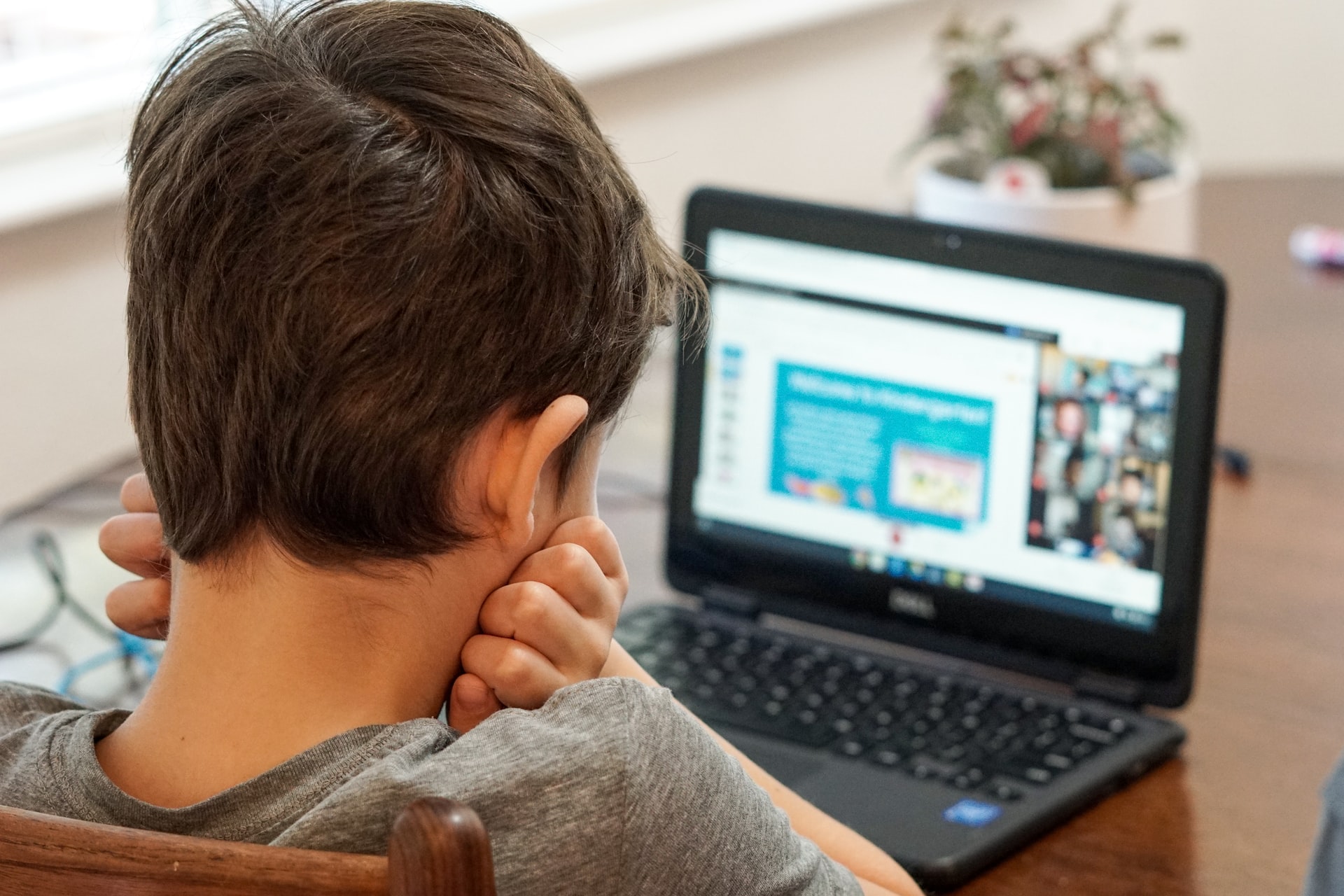Teaching Your Child About Alcohol

Talking about alcohol with your teenager could seem awkward, but you mustn’t skip this conversation. David Devries, coordinator for the Division of Behavioral Health in Nebraska, says that surveys indicate parents wield the most influence on a child’s decision to stay away from alcohol. You can positively impact your teenager’s ideas and behaviors about alcohol using the following tips.
Set Up a Strong, Trusting Bond
According to research, teens with a positive and close bond with a parent or guardian are a lot less likely to start drinking than their counterparts with distant, turbulent, or discord-laden relationships. So, you should work to build a strong, open, and trusting bond with your teen before talking about alcohol.
Avoid a Lecture and Choose to Talk Instead
Instead of a one-way lecture, opt for a two-way conversation for the best results. You can begin by asking your teen his views on alcohol and drinking, his knowledge about alcohol, and his thoughts on teenagers’ use of alcohol and the reasons behind them.
Present Rational Reasons to Stay Away from Alcohol
Don’t exaggerate when talking about the logical reasons not to drink. Your teen is probably aware of many people who consume alcohol without facing severe consequences or developing alcoholism.
The NIAAA suggests you focus on reasons like the following:
- It’s your expectation that your child steers clear of alcohol, and your expectations and values probably matter a lot to your child.
- Underage drinking is illegal and can invite legal troubles.
- Drinking can cause embarrassing events or circumstances, adversely impacting your teen’s self-esteem, social status, and relationships.
- Drinking weakens judgment, which can have perilous consequences (a bigger risk of unprotected sex and sexual assault, drunk driving, etc.).
- Intake of alcohol, while the brain matures, can have a detrimental, long-term intellectual impact and raise the probability of alcohol dependence.
You can also disclose your family history of alcoholism, if any, to your teen.
Get Your Child Ready to Handle Peer Pressure
Help your child come up with solutions to avoid circumstances where he’s asked to drink or board a car with someone who has consumed alcohol. You can suggest solutions like your child dialing you to pick him up from a party, where alcohol flows freely, without any repercussions or admonishment.
Model the Behavior You Desire Your Teen to Follow
When drinking in your teen’s presence, ensure moderate intake. A study by the CASA (Center on Addiction and Substance Abuse) revealed that teens who have watched their parents drink are more than two times as likely as their peers to consume alcohol during an average month.
Another NIAA study found a connection between parents displaying a favorable opinion of alcohol and kids beginning to drink as adolescents. You shouldn’t talk about alcohol’s relaxing effect or your humorous drinking stories. When sharing an underage drinking event, ensure to stress the embarrassment or harm it triggered.
Setting yourself up as a positive example can make your teen take the “talk about alcohol” seriously.
Follow these tips to teach your teen about alcohol and persuade him to make wise and healthy decisions.






